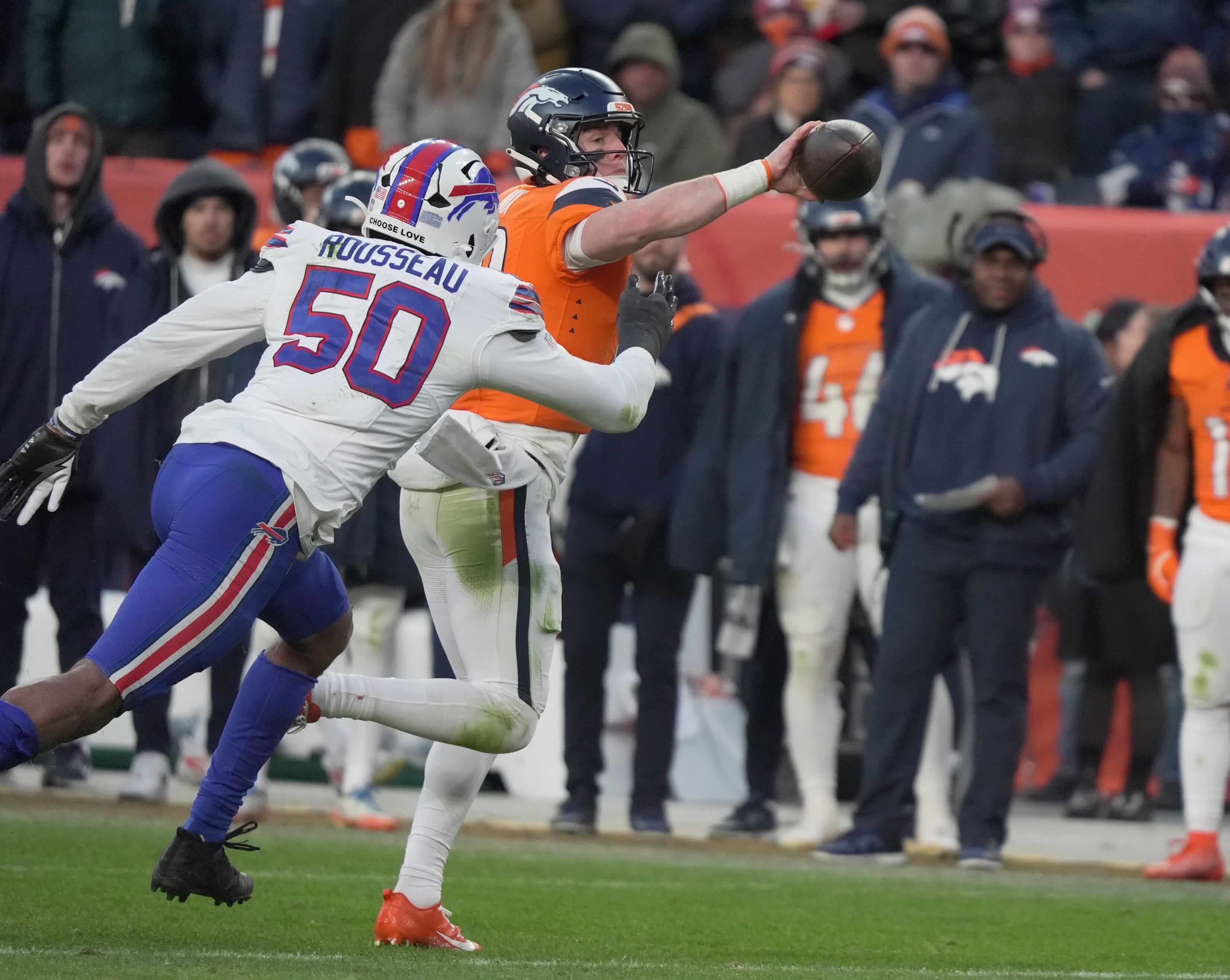Organizations interested in receiving a responsible gaming grant from the Colorado Division of Gaming have until the end of the week to submit their application for the 2023-24 cycle.
According to an announcement from the division earlier this month, applications must be submitted by 5 p.m. Friday. The application is available on the regulatory body’s website.
State lawmakers established the initiative last year as part of House Bill 1402. The law calls for the grant program to receive $2.5 million in funding annually through 2032, although it may be extended beyond that. It also requires licensed Colorado sports betting operators to submit a report annually on their actions to promote responsible gaming activities.
“As stewards of responsible gaming, we have the privilege and responsibility to shape a safer and more enjoyable gaming landscape in Colorado," Division of Gaming Director Christopher Schroder said in a statement. “These grants are a testament to our commitment to promote responsible gaming, protect our communities, and ensure a brighter future for all.”
How Colorado Will Use the Funding
Under state law, the responsible gaming grant program is designed to prevent problem gambling behaviors — including via the best Colorado betting apps — and increase awareness across Colorado about the resources available to help problem gamblers. The fund also aims to help enhance counseling services and conduct research in the state.
Those eligible to apply include nonprofits and state agencies focusing on problem gambling, addiction treatment, hotline staffing, educational programs and counseling, research, advocacy or support services.
Organizations cannot use the grants to cover capital expenses, and recipients that did not complete required funding reports for prior state funding are also ineligible to apply for a year after failing to submit the documentation.
Earlier this year, the Colorado Limited Gaming Control Commission awarded $2.48 million in funding for the program's first year. Grants were awarded in two cycles for the first year. Recipients included the Problem Gambling Coalition of Colorado, which received more than $1.1 million for a problem gambling center, a collegiate education and prevention program and a general awareness project. The Kindbridge Research Institute was awarded more than $840,000 for separate projects on athlete well-being, problem gambling within the military and a review of treatment programs and availability within the state. Other grants were awarded to the Massachusetts Council for Gaming and Health, which received $200,000, to develop a certification program for Colorado counselors and the Colorado Division of Gaming, which received $330,000 for a responsible gaming marketing campaign.
Problem Gambling in Colorado
According to a report at 5280.com, the Problem Gambling Coalition of Colorado received more than 7,100 calls to its Lakewood Center, 303-662-0772, last year. That represented a 45% increase from 2020, the year legal sports betting started in the state. In addition, the number of texts sent to the group has jumped by 225% over the same timeframe.
The coalition’s website lists seven treatment providers available to help in the state, with most available to provide teletherapy services.
The state has 22 online sports betting operators, including ESPN BET Colorado which launched in November.







